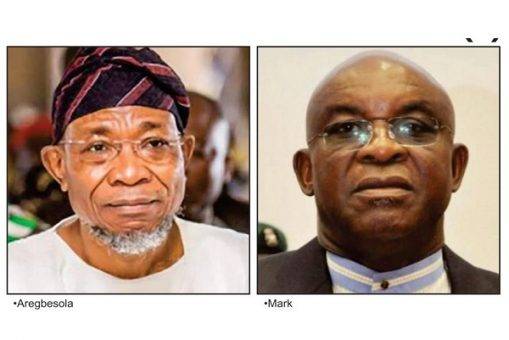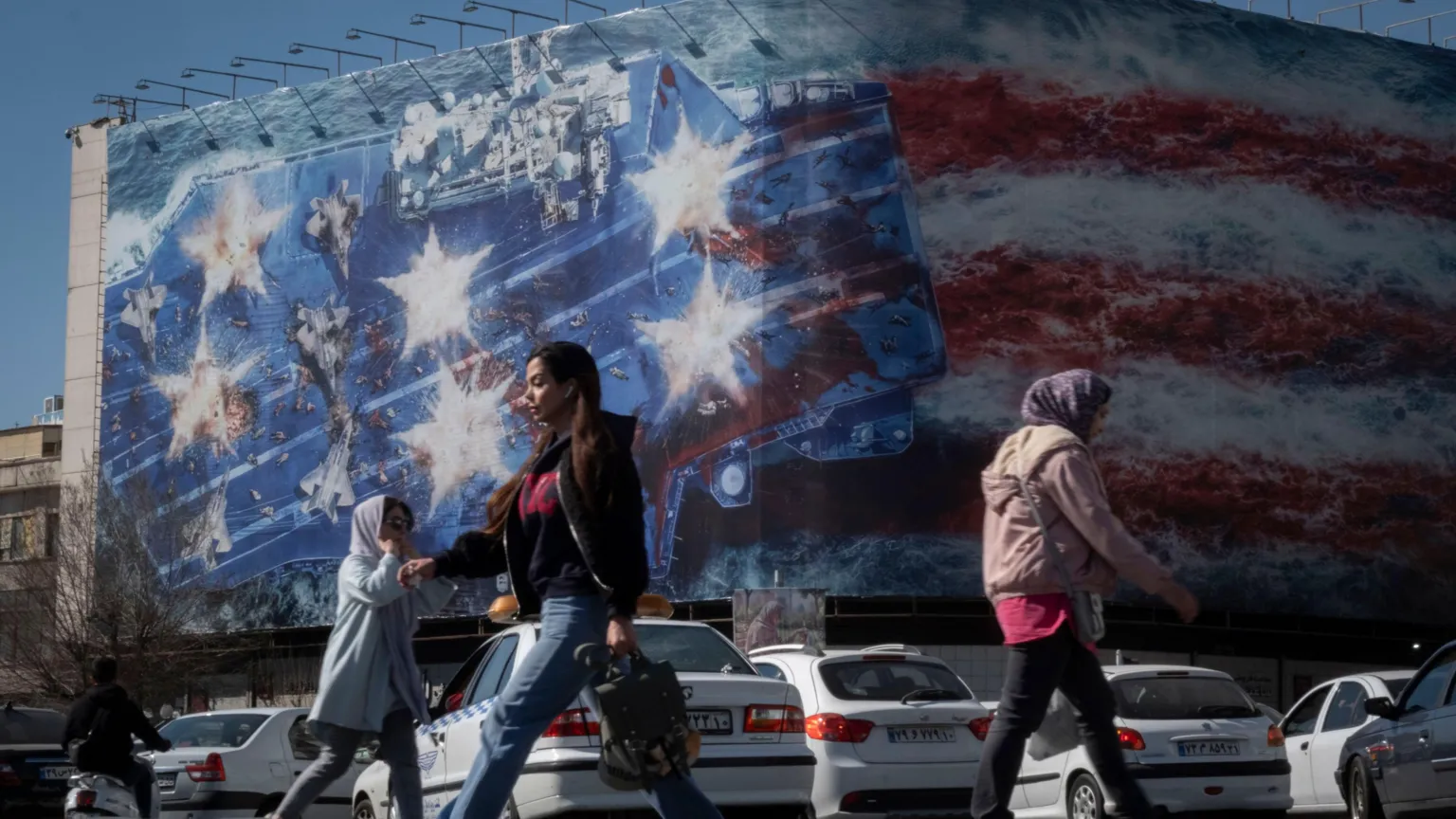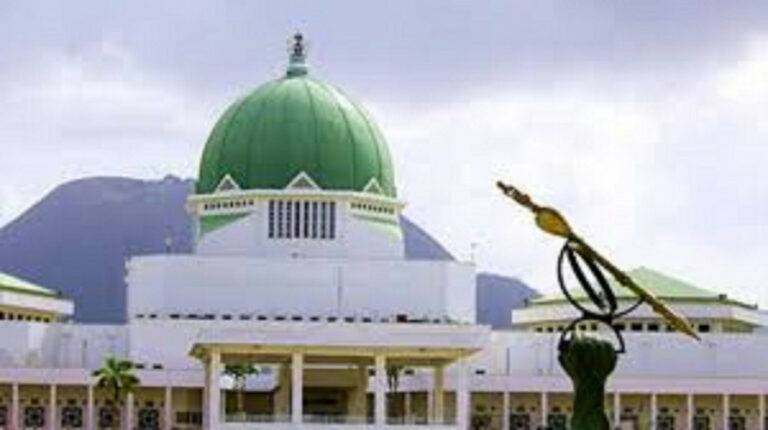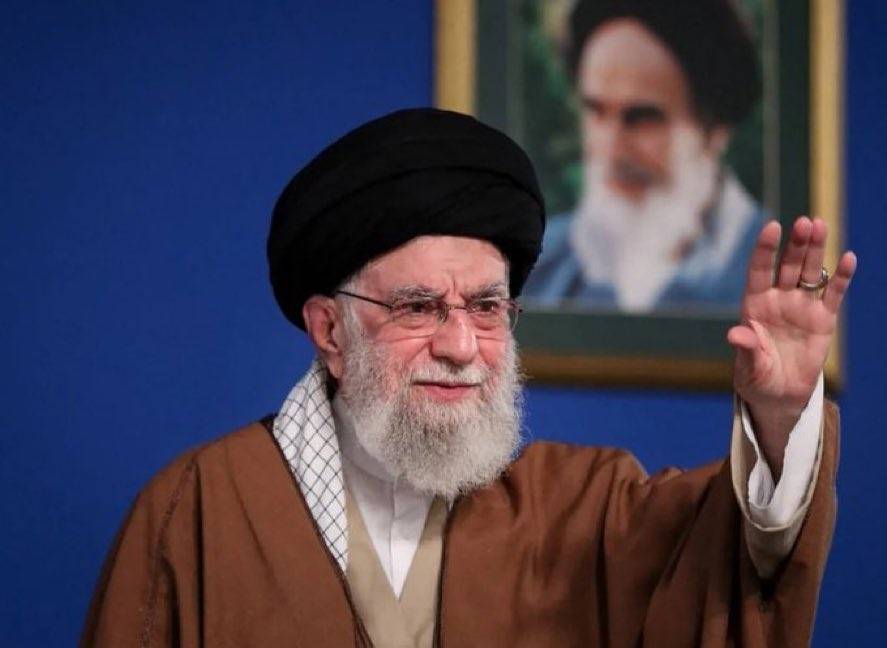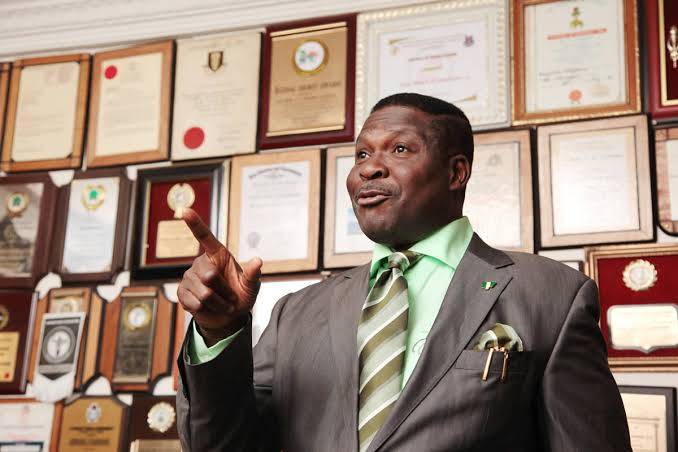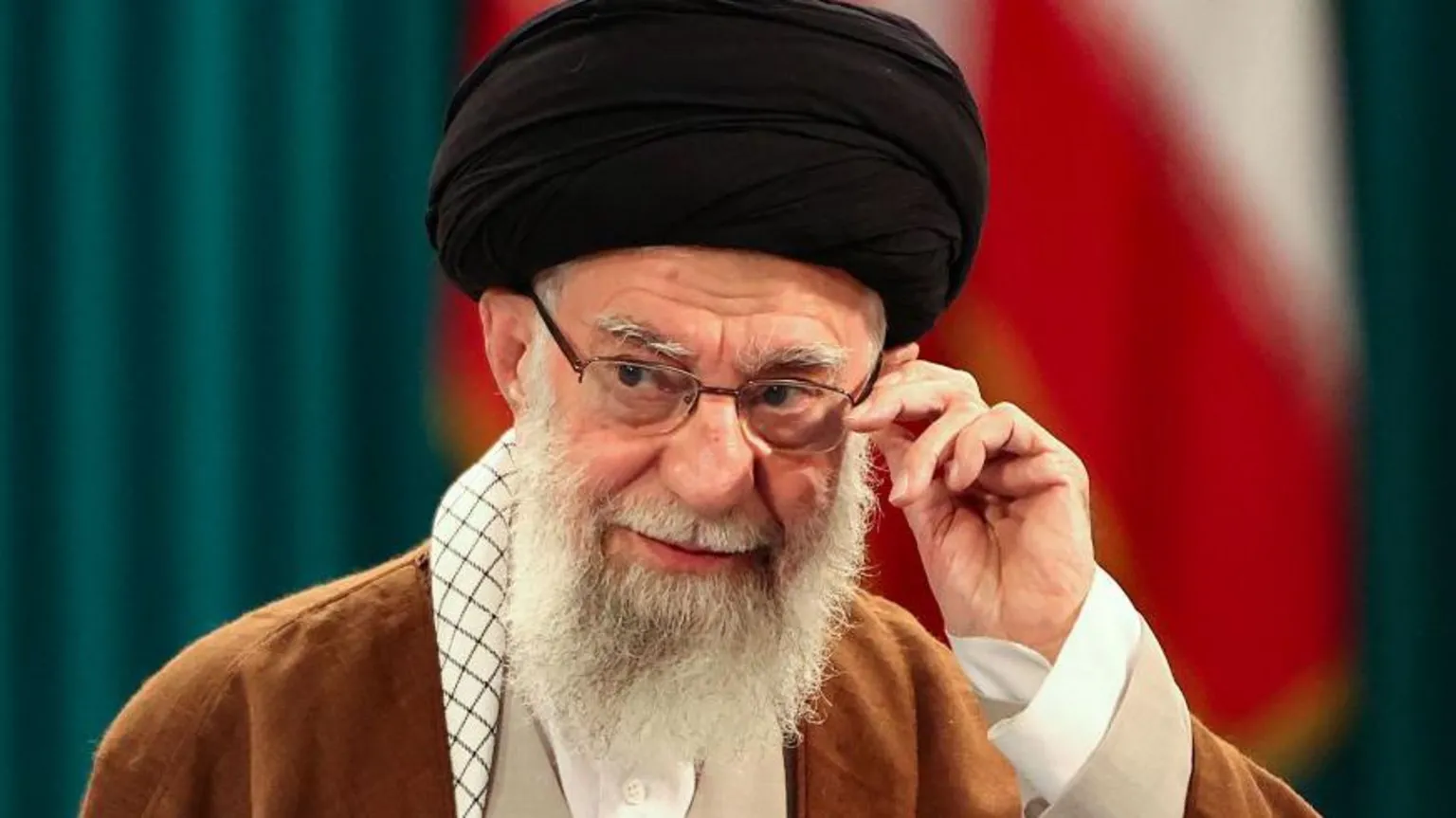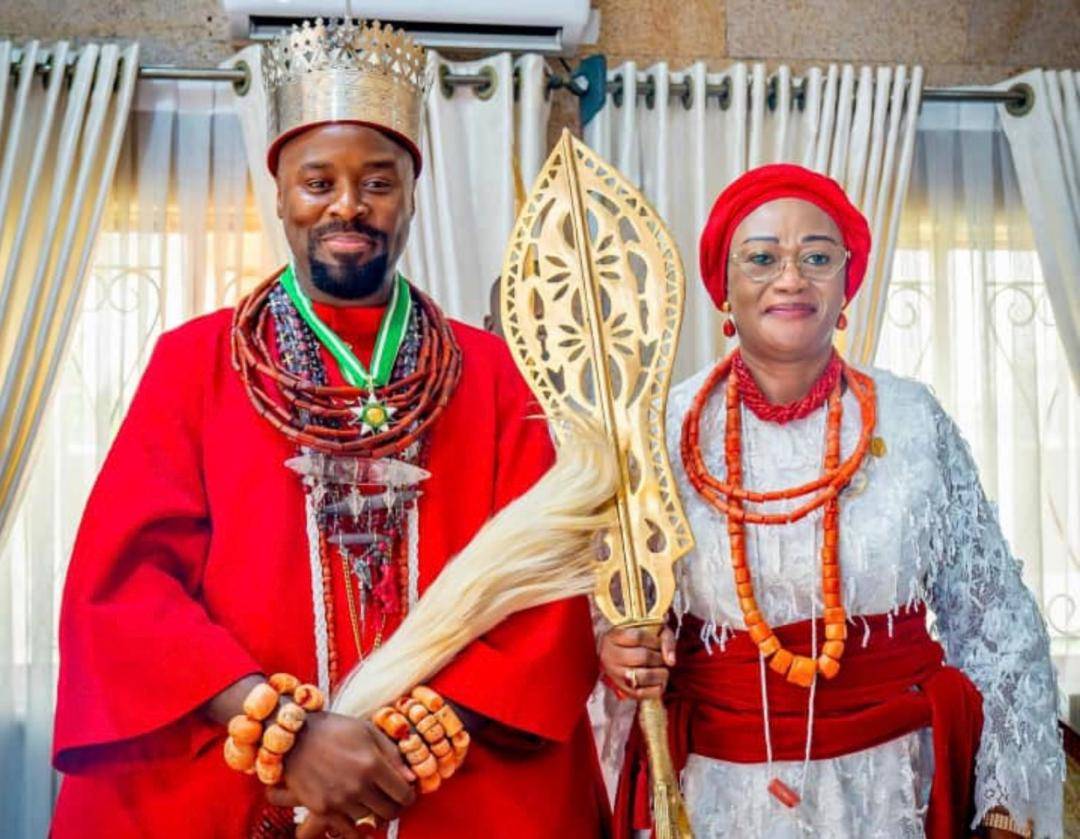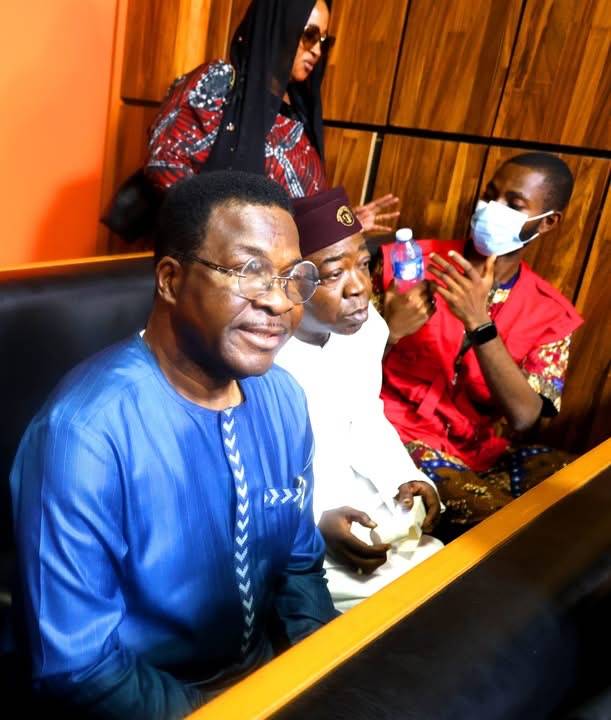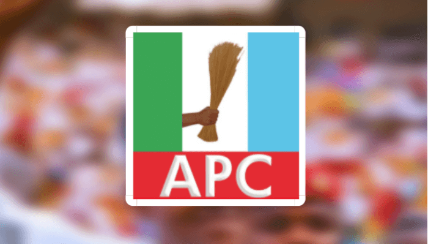By Segun Ayobolu
Addressing supporters who had come to receive him at the Murtala Muhammed Airport in Lagos on his return from Abuja where he had ‘triumphantly’ emerged Interim National Secretary of the successfully hijacked African Democratic Congress (ADC) Airlines, (Sorry, political party), Ogbeni Rauff Aregbesola admonished party members not to engage in exchange of insults with the ruling in All Progressives Congress (APC) or any other party. Rather, the former two-term governor of Osun State and Minister of Interior advised his audience that “When they abuse you or call you names, don’t retaliate. Ask them to tell you if the lives of Nigerians are better for it now than before. Ask questions based on food inflation, the economy, rising cost of living and poverty, among others. Let your debates be issues-based.” Eminently commendable advice from Ogbeni to his party members, but for the fact that there are several viral videos, featuring the sonorous singer and enthusiastic dancer, the Oranmiyan himself, personally leading excited supporters in rendering satiric, abusive and provocative lyrics against his former friends turned adversaries.
Of course, the politically wily Ogbeni calculates that if attention is focused on the economic hardships his coalition partners accuse the Tinubu administration of causing by its reform policies, large numbers of people will subordinate rational clarity for blurry emotionalism and enthusiastically sway to their anti-Tinubu partisan rhythms. But he forgets that there are also many APC leaders well acquainted with the issues and with the capacity to ask their supporters to ask pertinent questions and further interrogate Aregbesola ‘s interrogators. For instance, did Nigeria’s deep-seated economic crisis start just two years ago with the assumption of office of President Bola Tinubu? Were Nigerians living in paradisiacal El Dorado in the preceding administrations of both the PDP and APC? Despite the fact that the price of crude oil rose to as much as $100 per barrel for a good part of the PDP’s 16 years in power, for instance, till about mid-2024 when it fell drastically, why was it that it was President Muhammadu Buhari administration with considerably reduced revenues that commenced serious work on infrastructure modernization and expansion; an effort now intensified on an unprecedented scale by the present administration?
Aregbesola’s questioners would further be asked if the country’s current severe electricity supply challenges would not have been more than two-thirds solved to the economy’s immense benefit had the $16 billion purportedly invested in the sector during the PDP’s 16 years in power not gone down the drain with not the slightest dent on the problem? Was the Tinubu administration responsible for the fraudulent privatisation of the assets of the defunct Power Holding Company of Nigeria (PHCN), gifting the country Generation and Distribution companies that so obviously have neither the finance nor the expertise to discharge the responsibilities for which they procured the companies?
If preceding administrations since 1999 had taken decisive steps to restructure and decentralize the country’s overcentralized security architecture, would the Tinubu administration have inherited the kind of hydra-headed security imbroglio it confronts today? In any case, what creative strategies did Aregbesola himself come up with to improve internal security in Nigeria during his tenure as Minister of Interior? Can he tell us how many jail breaks occurred in several correctional centres across the country under his watch while he wrung his hands in pathetic helplessness? Not only was there a huge backlog of hundreds of uncollected passports, which he inherited as Minister of Interior and which he was unable to find a solution to, but it continued to take interminable periods for citizens to collect their passports under his watch.
Instructively, it took his successor, the current Minister of Interior, Mr Bolaji Ojo, less than two months to come up with a surgical solution, clear the backlog of accumulated passports and institute a system that enables Nigerians to collect and process their passports today within a two-week time frame.
Pray, exactly what bragging rights does the otherwise likeable Ogbeni genuinely have? Why has it taken the Tinubu administration to audaciously commence work on such monumental infrastructure projects as the Lagos-Calabar Coastal Highway or the Badagry-Sokoto Expressway, among several others, although they had reportedly been on the drawing board for almost 40 years? Had such expansive road facilities spreading across several kilometers been emplaced years before now, at a time when it would have been much cheaper to actualize, would the economy not have been elevated to a pedestal for much higher productivity, capacity for employment generation as well as prosperity?
Of course, infinite examples can be given of how successive governments, and key members of the emergent anti-Tinubu coalition have been part of one government or the other at the centre or in the States since 1999, cannot be excused from complicity in the bog of inexcusable underdevelopment in which the country is trapped today. Since as interim National Secretary of the ADC, Ogbeni Aregbesola is understandably emerging as the coalition’s Arrowhead, the spotlight will naturally, most of the time be on him. Thus, his trajectory as a public administrator shows that he performed superlatively as Commissioner of Works and Infrastructure in Lagos State between 1999 and 2007 under a governor as team captain, Asiwaju Tinubu, whose competence and capacity he has waxed lyrical about severally in the public space and which are indelibly on record. Also contributory to his success in Lagos, was a strong finance team, particularly the Commissioner for Finance, Mr Wale Edun and the Commissioner for Budget and Economic Planning, Mr Olayemi Cardoso, who ensured strong financial and budgetary discipline in the Cabinet.
When he emerged as governor and team captain in Osun, however, the story became a different kettle of fish altogether for Ogbeni. His admirers tout him as the most ideologically -driven politician of this generation and this may well be so. This writer is himself strongly inclined towards ideology and cannot but be supportive of a leader with emphatic ideological proclivities. But in an emergent post-ideological world with increasing tendency towards technocratic and professional meritocracy, ideology is simply not enough and this was all too evident in Aregbesola’s Osun. Thus, he introduced several laudable and well-meaning welfare programmes such as the school feeding initiative and token cash transfers to the aged. However, his administration in Osun lacked the financial discipline and managerial expertise to run these expansive welfare programmes sustainably while at the same time being able to meet its other governmental obligations to the citizenry.
It is public knowledge that before long, the relationship between Ogbeni ‘s administration and the state’s public sector workers had soured. Industrial relations was in crisis as the government could barely meet its wage obligations. A large cross-section of the workers were placed on half-salary for the duration of his tenure while the state’s debt burden escalated. While the government built impressive primary and secondary school structures, it seemed that these were not planned with meticulous attention to the school population size or the requisite sustainable maintenance costs of the schools. The truth of the matter is that none of the leading lights in the emergent coalition – Atiku Abubakar, Peter Obi, Rotimi Amaechi, Nasir El ‘Rufai – can boast a better track record of performance in the various public offices in which they have served than President Tinubu no matter how much they vilify him mostly out of dislike or outright hatred.
In a widely circulated online post, another Nigerian stated that he was only waiting for the campaigns to start in order to ask members of the anti-Tinubu coalition which of his policies they would discard should they succeed in dislodging him from power as they have continuously boasted. For instance, would they reintroduce the fuel subsidy? Would they scrap the National Students Loan Fund? Would they abolish the National Credit Corporation to provide affordable credit to lower to middle level citizens? Would they halt work on the Lagos – Calabar Highway or the Sokoto-Badagry Expressway? Would they re-introduce multiple foreign exchange markets so that citizens with connections at the Central Bank could continue to reap humongous profit through the exploitation of arbitrage? Would they backtrack on financial autonomy for local government Councils? Would they reintroduce reckless printing of currency by the apex bank to fund federal government spending through ways and means?
Cullles from The Nation


